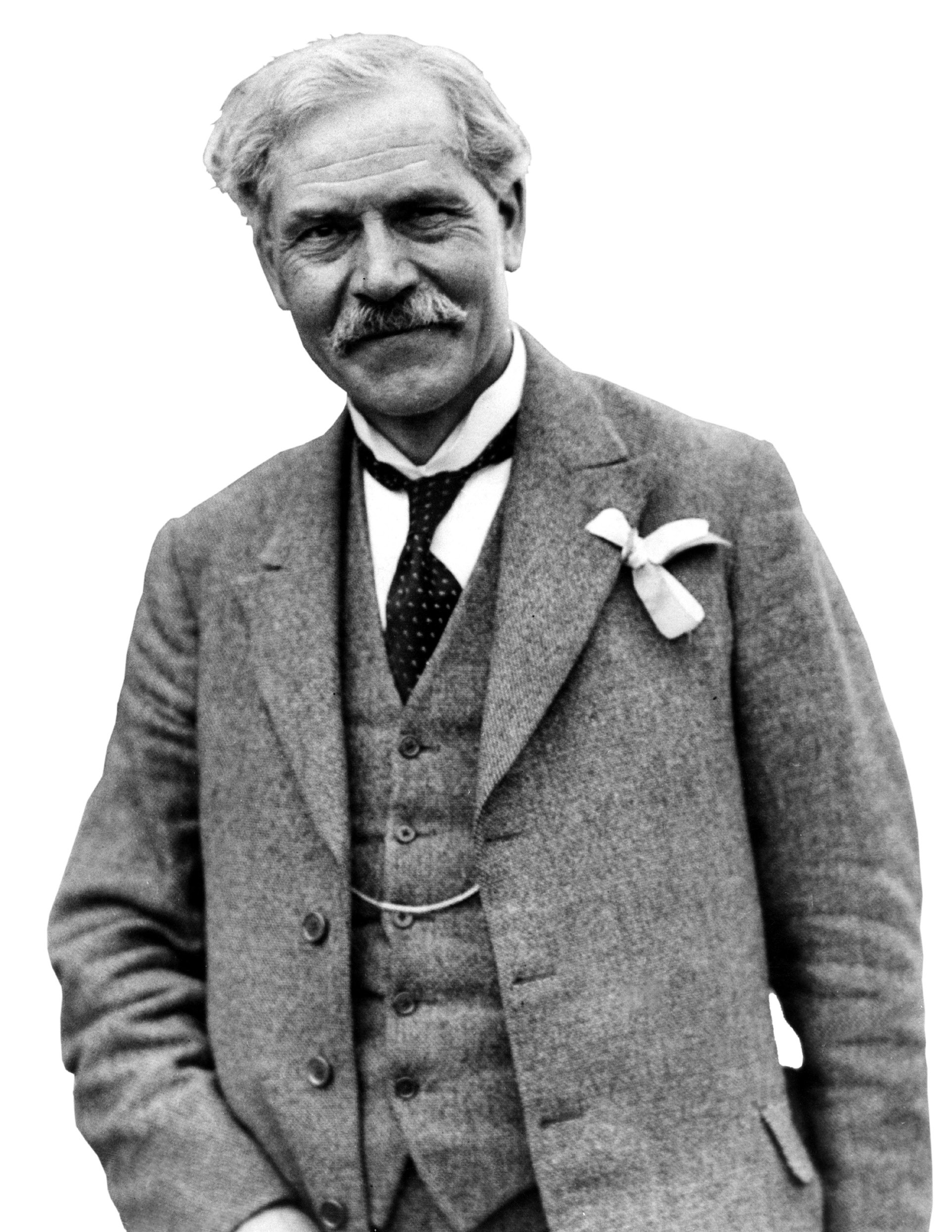
In 2008, as the world economic crisis unfolded and Britain’s banks came within hours of collapse, some observers compared Gordon Brown’s dilemmas to those of a previous Scottish born Labour prime minister. For Ramsay MacDonald, in 1931, the onset of the Great Depression exposed fatal weaknesses and divisions within his government, which resulted in its collapse and his expulsion from the party.
Between 1918 and 1931 the Labour Party, in government and opposition, was committed to a policy of ‘gradualism’. This meant that it would slowly introduce social reform which, it was hoped would lead to widespread support, without alarming Britain’s middle classes who were suspicious of high spending and taxing governments.
Your organisation does not have access to this article.
Sign up today to give your students the edge they need to achieve their best grades with subject expertise
Subscribe




